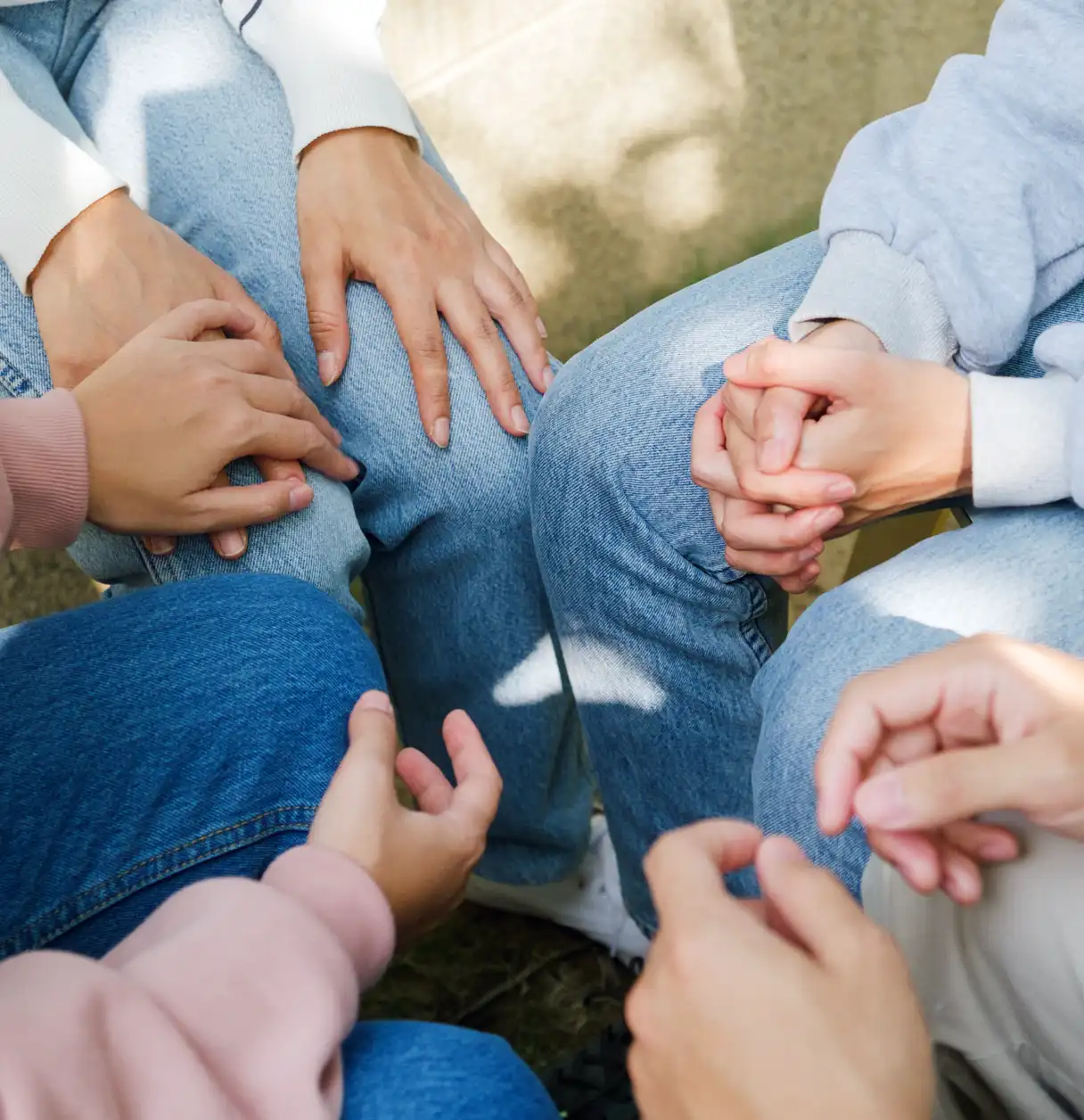Our comprehensive life skills curriculum covers practical areas essential for independent living and long-term recovery success. Programming includes financial management and budgeting skills, employment readiness and job search strategies, healthy meal planning and cooking instruction, time management and organization techniques, and communication skills for personal and professional relationships.
The program integrates seamlessly with our whole wellness philosophy by incorporating nutritional education, teaching residents how to prepare clean, healthy meals that support physical recovery and mental clarity. Participants learn to structure their days productively, establishing routines that include physical exercise, spiritual practices, and self-care activities that become foundations for sober living.
Beyond basic daily living skills, our program addresses digital wellness and healthy technology boundaries, relationship building and social skills, conflict resolution techniques, and stress management strategies. These competencies are essential for navigating real-world challenges without resorting to substance use as a coping mechanism.
Our experienced staff provides hands-on instruction and mentorship, allowing residents to practice new skills in a supportive environment before applying them independently. The life skills program runs concurrently with clinical treatment, ensuring that practical skill development reinforces therapeutic gains and vice versa.
Participants work on personal goal-setting and achievement strategies, building confidence and self-efficacy that extends far beyond the treatment environment. The program recognizes that sustainable recovery requires not just abstinence from substances, but the development of a fulfilling, structured lifestyle that supports ongoing wellness.


